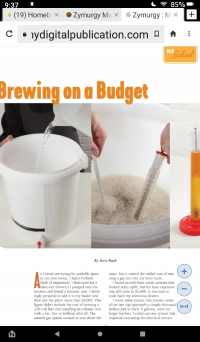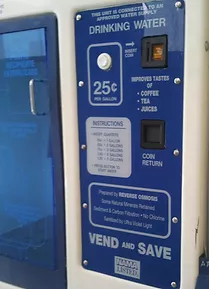I had friends say to me why homebrew, when you can just buy better beer for less money and hassle. [...] So I'm curious what do you do to keep costs down?
For me, at the moment, it's a hobby. With hobbies, 1) there are no "hassle"s and 2) "hobbies are supposed to be expensive".
Currently, with my hobbies, I'm able to use some money to free up some time.
What would I do if I had to keep [hobby] costs down?
Identify the most expensive thing. Replace it with a less expensive thing. "Lather, rinse, repeat".
In your situation, I would start with investigating 1) chilling without store bought ice, and 2) brewing with tap water.
With hobbies and 'spare' time, the cost of time can be zero. Without 'spare time', the cost of time is no longer zero (so, assuming it's not TEOTWAWKI, see what
@Tacohockey50 wrote above)
Watch out for hidden and unexpected costs. As a consumable, a single pitch of dry yeast can be expensive. But there are costs for equipment for making a starter, costs for actually making the starter, costs for keeping that liquid yeast healthy, costs for avoiding a 'bad' batch due to 'bad' yeast, costs for making a bad batch, ...
Investigate lower cost ingredients. An inexpensive brewers malt + specialty malts + common hops can produce an enjoyable beer.
"brew like a craft brewery": minimize the number of base malts, specialty malts, hops, and yeast strains needed so one can buy in bulk.
Home made specialty malts (IIRC,
@bracconiere does this).
edits for formatting

 , then maybe.....Frankly, it's hard to buy better beer at all. I really like what I make better, well, most of it anyway, I have a flop now and again.
, then maybe.....Frankly, it's hard to buy better beer at all. I really like what I make better, well, most of it anyway, I have a flop now and again.




